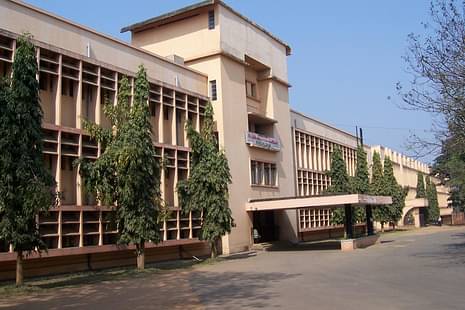
The National Institute of Technology (NIT), Jamshedpur has plans to expand their student strength from an existing 3000 to 6000 in the next five years. The college has a set of plans to achieve this amazing goal.
The college is planning to introduce new courses to attract students and build new hostels for the accommodation purposes.
The college has built two new hostels with 750 rooms and 36 smart classrooms with 36 seats each . This is to be built in phase 1. Apart from this the college is building a state-of-the art lecture hall, faculty chambers and a students' activity centre wherein all modern-day facilities will be available.
The institution has also introduced several new courses that are either in demand in the job market at present or have the potential to become a source of employment for the prospective students in the coming years.
"The industry across board is growing tremendously and in the coming years multiple segments of industry will open new job opportunities for the qualified job seekers. Keeping in tune with the changing face of the industry, we have introduced few new courses," said NIT director Prof Rambabu Kodali at a press conference.
Some of the engineering courses that have been introduced in M Tech from the 2016 academic year are:
1. Embedded systems engineering
2. Power electronics and drives
3. Communications systems engineering
4. Materials technology
5. Energy systems engineering
6. Manufacturing systems engineering
7. Computer science engineering
8. Water resources engineering
"Initially, our focus is on meeting the infrastructure requirements, increasing faculty strength and ushering in an atmosphere of peace and tranquility on the campus keeping the target year of the first phase in the mind," said media relations coordinator of NIT, Deepak Chourasia.
National Institute of Technology, Jamshedpur, earlier known as Regional Institute of Technology was established on 15th August 1960 as a joint venture of Government of India and the Government of Bihar in the chain of RECs (Regional Engineering College) in India with the aim to generate technical graduates of highest standards who could provide technological leadership to the region.


 Follow us
Follow us













